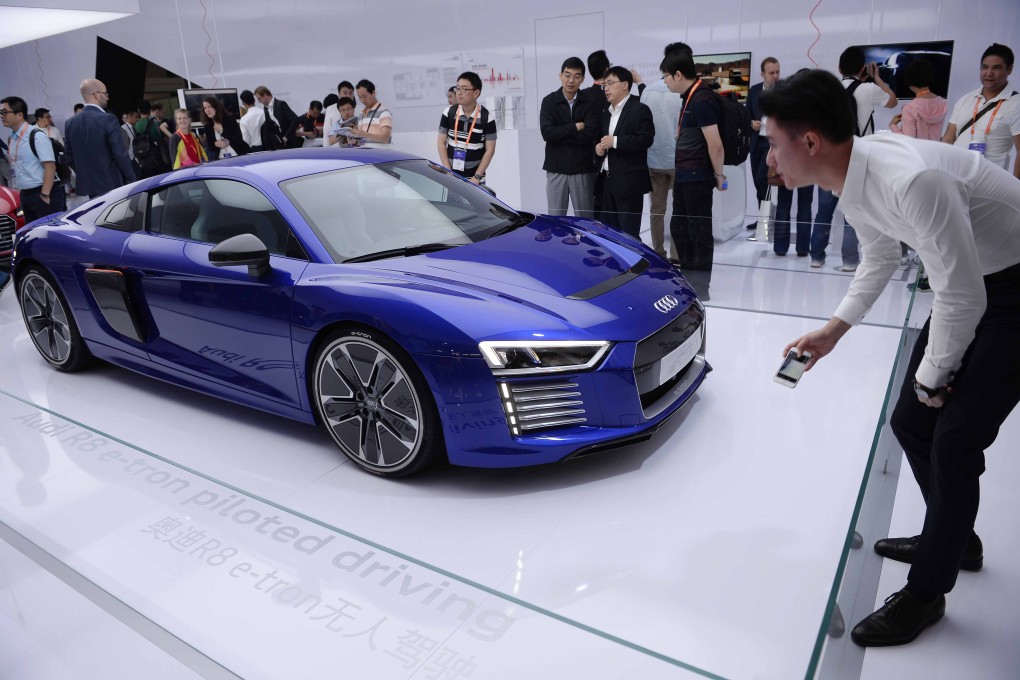New | Buying Chinese gadgets a patriotic move? Domestic tech consumers are divided

China, the world's second largest consumer technology market, is divided over whether domestic consumers should patriotically support homegrown brands or just buy the best products regardless of where they come from.
According to a market survey released by the Consumer Electronics Association (CEA), 59 per cent of Chinese respondents agreed that buying domestic tech products could support the Chinese economy, something those that consider themselves patriotic should try to do.
Meanwhile, 58 per cent said that buying international brands such as Apple or Samsung would not really hurt the Chinese economy, especially as so many foreign tech products are manufactured in the country.
Steve Koenig, senior director for market research at CEA, said that both domestic and global tech firms could learn from the survey how to win hearts and minds of Chinese tech consumers, especially with regard to smartphones, televisions and the relatively new wearable devices business.
“China is my motherland. Buying domestic tech products would help stimulate the country’s domestic demand. I will do my bit even though my effort is insignificant,” Koenig quoted Chinese woman who responded to the survey as saying.
On the other hand, another female respondent had completely the opposite view: “I couldn't care less which country the technology belongs too.” She added that she preferred international brands mostly for quality reasons.
Indeed, when it comes to the quality, many Chinese consumers said international brands do have a competitive advantage. The disadvantages of buying a domestic tech product are often obvious, with focuses on three main areas: lower quality, less innovation, and lack of differentiation, according to the CEA survey.